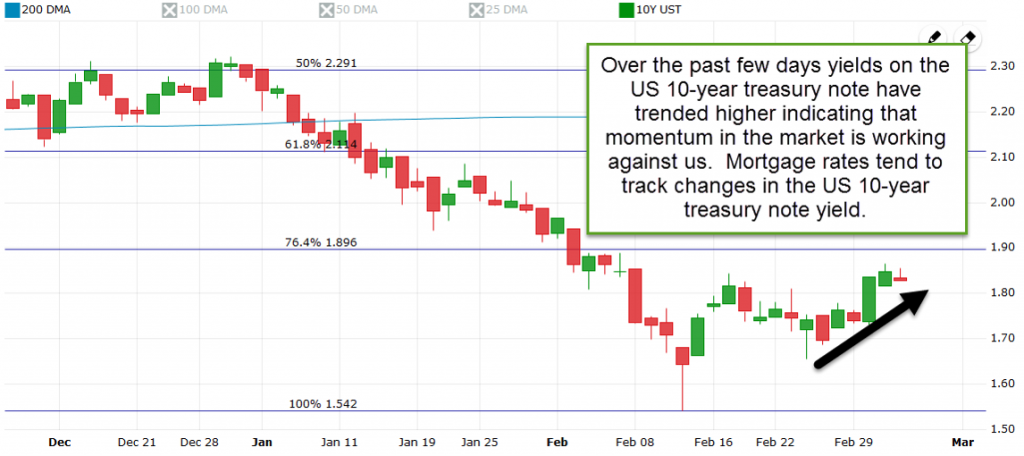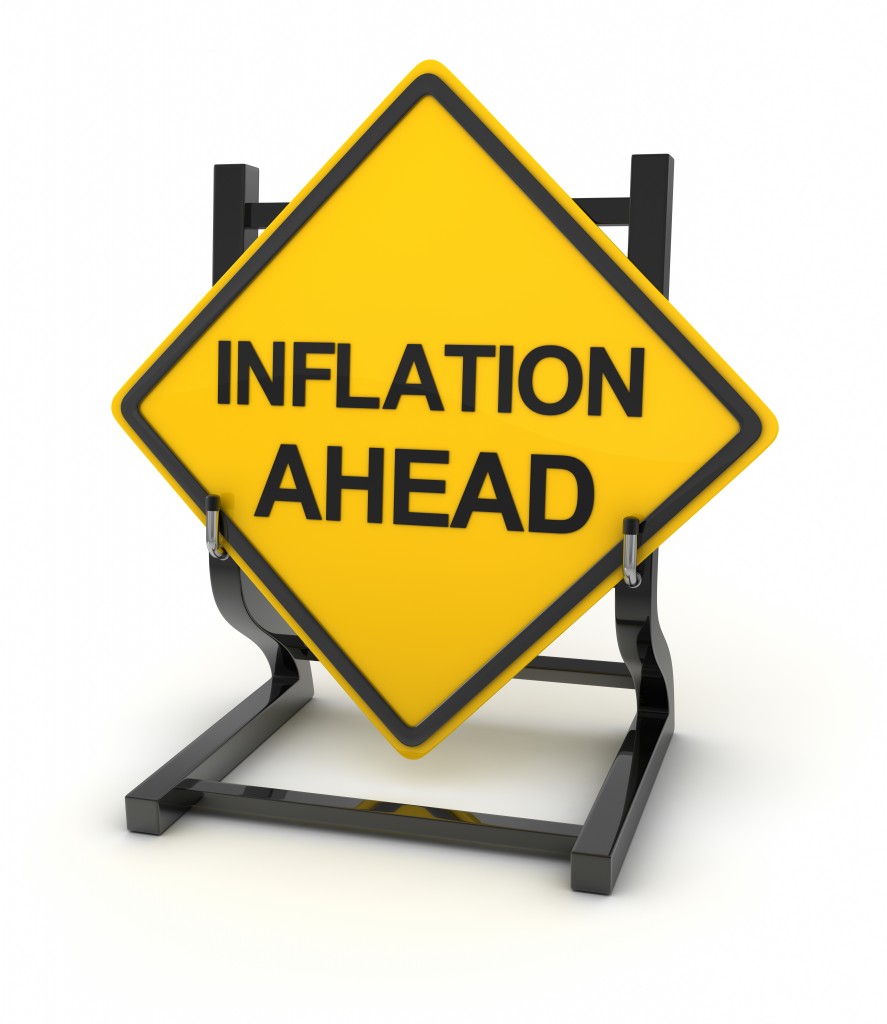The government shutdown is now the longest running shutdown in our history. Over 800,000 federal workers remain without a paycheck. Meanwhile, the government is accruing back wages to the tune of $2,000 per second.
How is the shutdown impacting home loans?
Mortgage Rates
The government shutdown has helped contribute to lower mortgage rates. How?
First off, political uncertainty encourages investors to be less risky with their capital. When investors seek safety mortgage-backed securities attract greater demand which drives yields lower.
Second, lower government spending has a slowing effect on the economy which is bad for the stock market. As we know the US stock market has traded lower for the past two months which also helps interest rates improve.
Mortgage Processing
Most borrowers will not experience any delays as a result of the shutdown. However, some applications require that the tax returns provided with the application be verified through the IRS. They are not currently providing this service so those applications are likely to be delayed.
Furthermore, the VA and FHA are currently understaffed. For applications which require specific underwriting guideline questions lenders are left to either proceed with the application without clarity from the VA/ FHA, deny the loan, or delay it.
Economic Data
The federal government issues most of the economic reports that analysts rely on to make forecasts. Some reports are being issued on schedule but others are not (see a list of reports HERE).
The all-important jobs report is scheduled for release on February 1st (for now) but the financial markets may not react to the report because the reliability of the results will be called into question.
Given that there does not appear to be a compromise in sight we will maintain a floating bias BUT borrowers should be warned that we expect home loan rates to rise once the shutdown is over.
Current Outlook: floating


